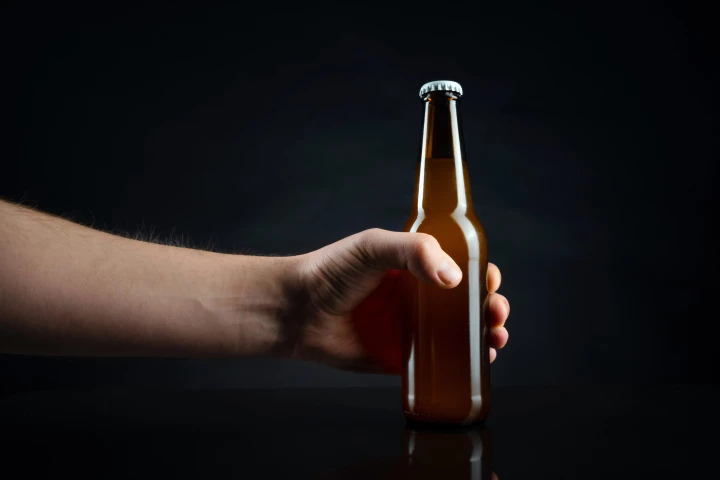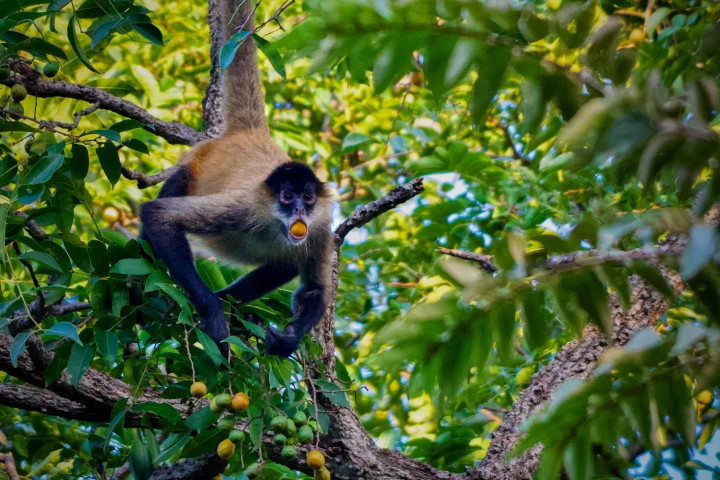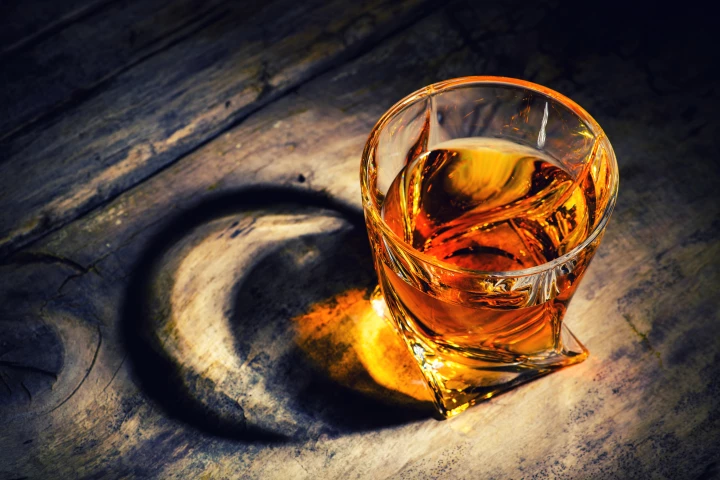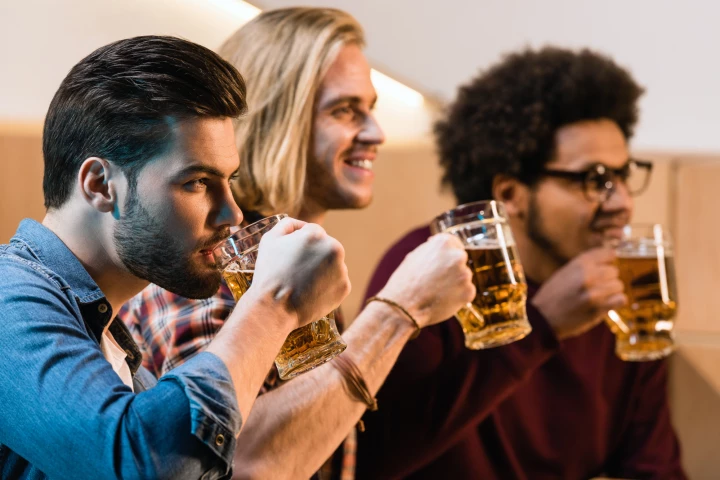Alcohol
-
A recent study in Denmark looked at whether a single dose of psilocybin could help people reduce their alcohol intake – and the results from the small trial are quite promising. However, they might also warrant greater scrutiny.
-
A large-scale human clinical trials is currently underway testing a wild idea. Can fecal transplants reduce a person's cravings for alcohol by altering their microbiome? Early studies are indicating this could be possible.
-
A 2022 study found drinking four units of alcohol a day – two beers – can cause structural damage and brain volume loss equivalent to 10 years of aging. The findings proved to be the tip of the iceberg for researchers looking at how alcohol affects our brain.
-
GLP-1 drugs have reportedly changed people's relationship with more than just food, but it's been largely anecdotal. Now, there's evidence that Ozempic blocks alcohol cravings – which could be a game-changer for people who want to cut back on booze.
-
Binge-drinking in early adult years fundamentally changes how brain neurons communicate, in what scientists equate to a faulty gas pedal in a car that needs more pressure applied to "go." This type of dysfunction is also seen in Alzheimer's disease.
-
Despite observations of "wasps getting drunk" and "beetles consuming beer," it has been thought that alcohol in the non-human animal world hasn't been deliberate. Ecologists challenge this theory, saying it's far more commonplace and strategic.
-
Social drinking causes a euphoria that isn’t seen when drinking alone, according to a new study. By identifying the region of the brain stimulated by social drinking, the researchers hope it will lead to a greater understanding of problem drinking.
-
It's better to spot drunk drivers as soon as they get in their car, not once they've already been dangerously driving for some time. A new facial tracking system was created with that fact in mind, and it utilizes a regular in-vehicle video camera.
-
If you enjoy having a drink with friends every so often but don't want to get drunk, then a new gel may be just what you're looking for. The ingestible substance is said to help keep alcohol from entering the bloodstream, and from damaging the liver.
-
Machine-learning models predicted what would make beer taste better. Trained taste testers who drank the AI-altered beverages were greatly impressed. Now, scientists behind this taste-perfecting method have their sights set on much more than beer.
-
A study has found that college students with social anxiety and depression were more driven by social motives to ‘pregame’ or drink before heading out to a social function and experienced more negative consequences as a result of pregaming.
-
A study has found that it takes longer than previously thought for the negative effects of alcohol consumption to leave a man’s sperm. The findings are important for potential fathers to factor in when they’re considering starting a family.
Load More











